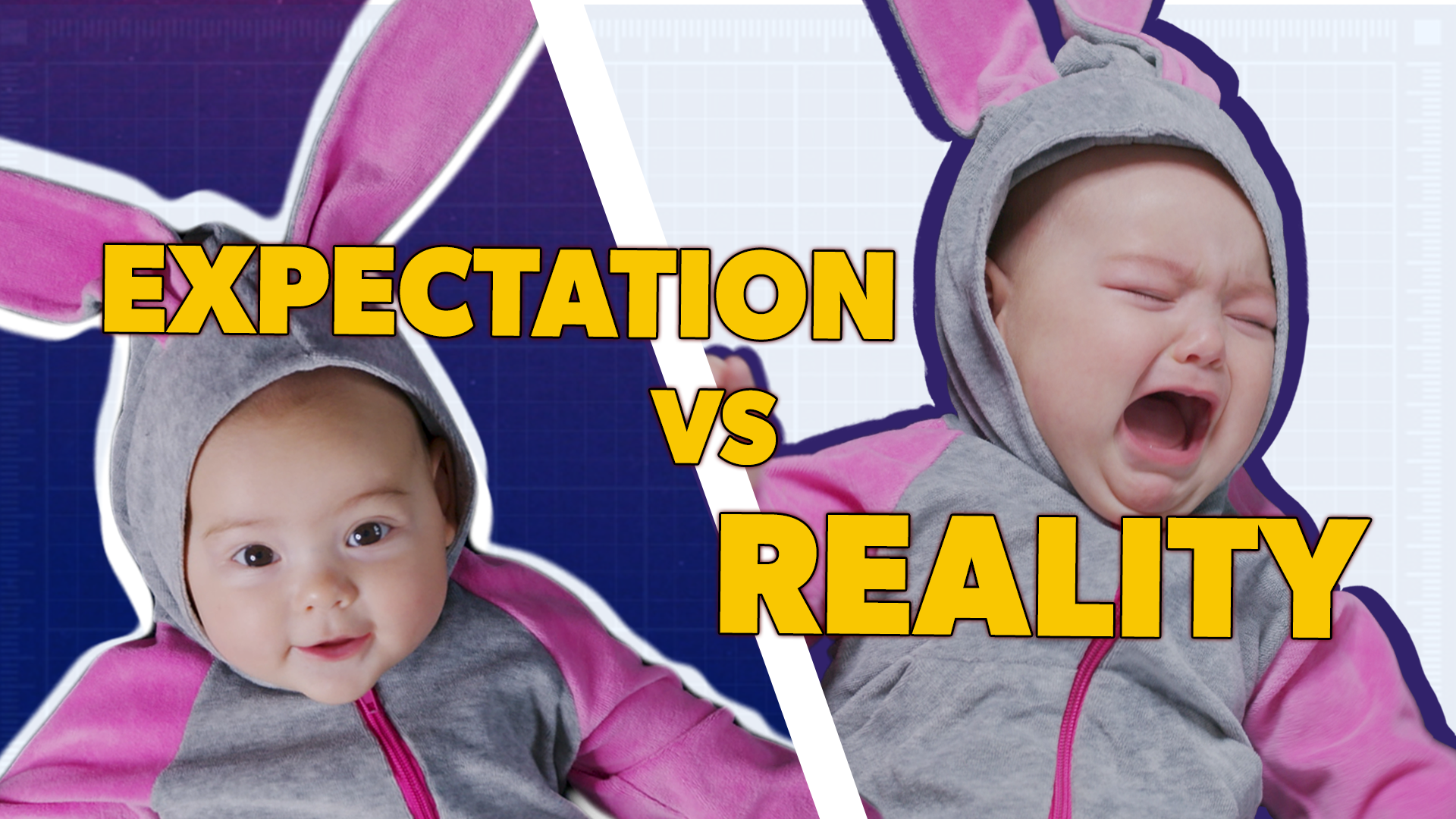Screen Addiction: Fact or Fiction?
Can kids become addicted to screens? When screen time is withdrawn, children may experience crankiness or fussiness. Let’s break down the brain chemistry behind screen “addiction.”
TV, movies, and even YouTube videos (like ours!) captivate the attention of children, but pulling them away from the screen can be challenging. “One thing I’ve noticed is the more screen time our kids have, the longer they've been on, the worse that transition feels after,” says co-host Bethany Van Delft. But what causes the upset? Hosts Dr. Alok Patel and Bethany Van Delft explore the reactions that happen in your child’s brain during screen time and the impact it has on growth and development.
Screens—and the games or shows that play on them—engage the pleasure center of the brain, releasing dopamine, the “feel-good” hormone. Dopamine then heads to the prefrontal cortex, which controls task function. This region isn’t fully developed until your mid 20s, so “think about what can happen when you’re exciting this part of the brain,” Alok says, and suddenly the stimulating thing is taken away. Young children have trouble regulating their emotions and when they’re “coming down” from that dopamine “high,” they can get fussy and upset.
Not all screen time is the same. Video calls with family members or video games that teach older children how to program, create, and team build can be enriching sources of interpersonal virtual interaction. But idly sitting in front of a screen may not be as engaging and can do more harm than good when it comes to children under the age of two. “There are advertised educational programs for children under the age of two. And we know that this does not work. In fact, this can actually reduce a child's ability to develop expressive speech,” Alok says.
As children grow older, the content they consume and the effect it has can become more complex. Social media platforms can influence the way a child feels about their body image or inspire them to try dangerous activities with the goal of “going viral.” If screen time is limited, let your child know they won’t be bored. There are other engaging activities that can release dopamine and the world has much to offer beyond our two-dimensional screens.
Subscribe to the YouTube channel and receive alerts when new episodes launch!

